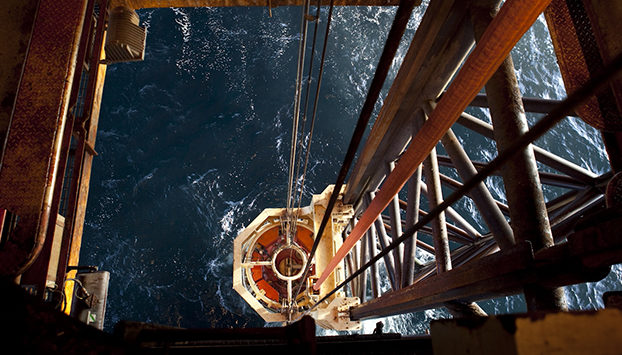
So Shell is wielding the axe, chopping 15% off UK North Sea direct contractor rates.
Ouch! That’s even more than supply chain big players led by Wood Group have been doing off their own backs over the past few months.
It was in May that the Wood Group PSN’s plan to cut rates paid to its contractors by 10% emerged, with Petrofac following suit soon after, since then it has been rather quiet, suggesting to me that the workforce shrugged their shoulders knowing that this was something that had to be borne.
Given the number of IR35 self-employed contractors currently working for main contractors, paring inflated day-rates back by 10% was presumably not that difficult to implement or absorb.
When Wood led the way, Brent was knocking around $100. Today it is down around $87; which is dangerously close to the $80 North Sea lifting costs burden line now drawn in the sand.
And the current signs are that the oil price will continue to drift downwards, at least until Opec meets in November. Venezuela is calling for an emergency meeting forthwith and other cartel members are divided on what they want to do … cut or hold the current output levels.
Little wonder that Shell is looking to drive down the rates paid to its North Sea direct contractors by 15%. Presumably there’s quite a smattering of high day-rate IR 35 contractors in that group. Others will follow suit.
It is not long since the company said it would cut 250 or so jobs in Aberdeen. Frankly, I’m surprised that there aren’t more positions going at the company whose North Sea profile is a shadow of what it once was.
Meanwhile, US production goes on rising and, basically, the world is once again awash with oil. But for the mess that are Iraq and Libya, we might even have a glut by now.
That said, Fitch Ratings has stated that $80 per barrel is the price threshold that would prompt a contraction in US shale hydrocarbons production! So, North Sea $80; US shale $80.
I am, however, wondering what impact the terrible Ebola virus might have on West African oil production … Nigeria, Angola and Ghana. Given some of the dire predictions, production from this trio could become seriously compromised over the next six months or so. even though, of the three countries, only Nigeria is currently affected and then only marginally.
Nonetheless, any drop in West Africa production could in turn impose an upward pressure on oil prices, so offering respite to the North Sea.
Meanwhile, as oil prices fall and contractor rates are driven down, all UK offshore industry eyes are on chancellor George Osbourne’s Autumn Statement next month, when it is expected that the a new North Sea tax regime will be outlined.
The Treasury must call this one correctly; not to will plunge the already far too finely balanced North Sea offshore industry into a slide that will be difficult to arrest let alone recover from.
We’ve been there before and it’s very, very dangerous.
Recommended for you
